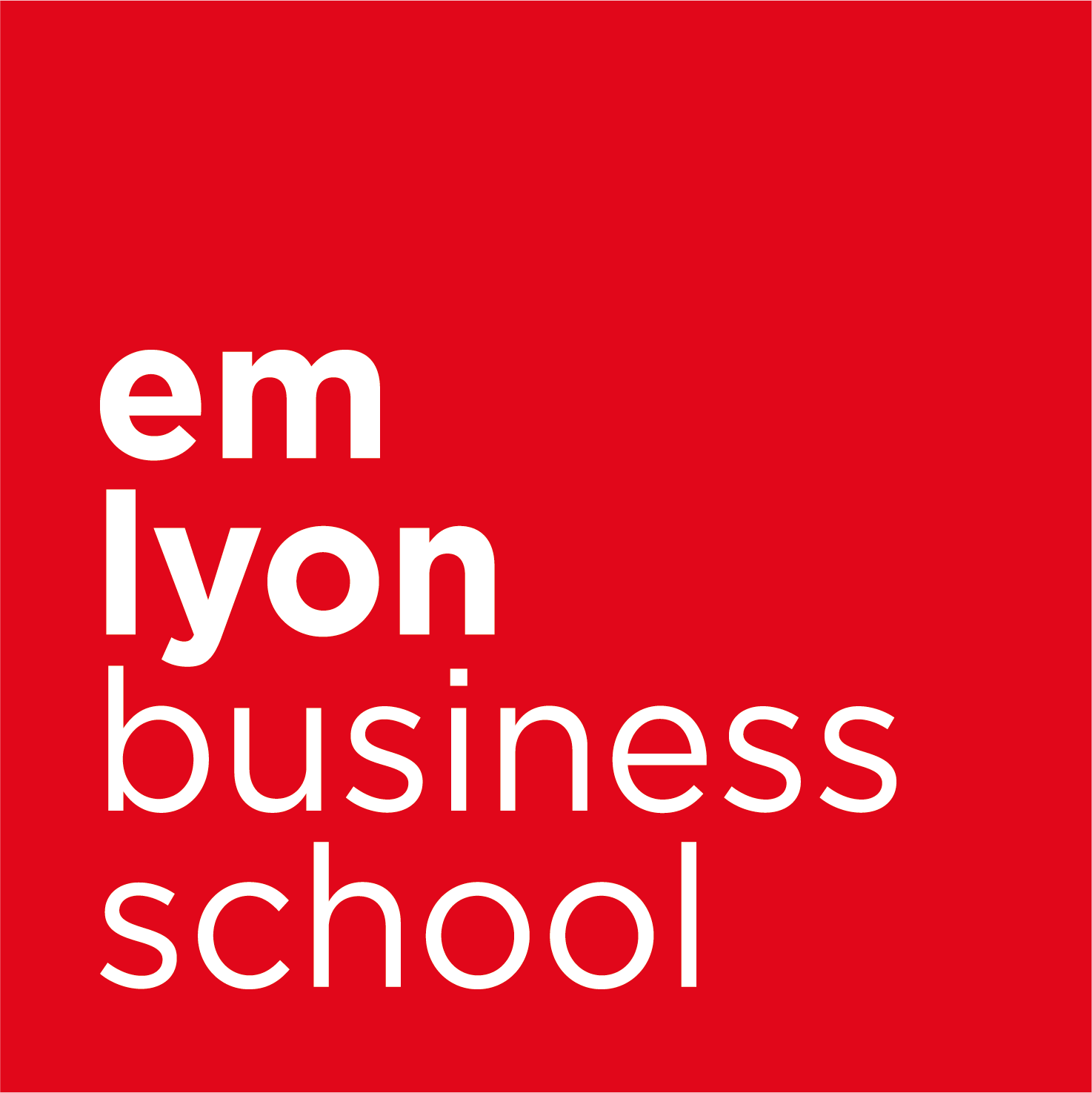- Innovation
How Experiential Learning Can Drive Innovation
The confidence to fully embrace the innovation process comes from experience
"If you're not failing every now and again, it's a sign you're not doing anything very innovative." — Woody Allen.
The conundrum faced by large companies is that 'failing' can have dire consequences, yet in our fast changing world innovation is the key to business success and sustainability.
To drive innovation company executives need to have the confidence and skill to stimulate creativity without fear of failure, to manage errors effectively, and to fully embrace the innovation process — and as in everything confidence comes from experience.
A unique new executive program run by emlyon business school uses 'action learning' to build experience. Contrary to traditional learning methods which focus on acquiring formal knowledge, action learning prioritises experience: the learner faces a real situation which acts as a starting point for acquiring skills. Participants learn through experience and stay motivated due to the relevance of the learning process to their working practice.
This short video introduces the program:
emlyon’s ‘Innovation for Growth’ program takes senior executives from large businesses and allows them the chance to experience the dynamic innovative environment of a ‘tech’ start-up. The program, which runs for between 6 and 12 months and caters for groups of between 15 and 25 employees from the same business, is based on 4 principles: Decentring, Action, Reflexivity and Collaborative Work.
Decentring: involves removing participants from their work environment and immersing them in a tech start-up chosen by EMLYON. Divided into groups of 4 or 5, to suit the start-up's needs and skills, participants experience an environment which is rich in enthusiasm but lacking in resources – and ripe for ‘frugal innovation’.
Action: within each start-up the participants are responsible for a project which they must successfully complete: for example, it could involve developing a prototype, marketing a new product, or finding the means to win over a new market.
Reflexivity: alternating with days spent in the start-ups, participants meet to ask questions, discuss and work with EMLYON faculty who will help them to make the most of their experience. Reflection comprises two main points: managerial practices and business development.
Collaborative work: throughout the program the group develops a collective commitment proposal. The group presents the proposal to the business' management, who then starts a discussion on this theme with the participants.
By placing action at the heart of the learning process, this innovative program aims to revitalise participants and give them the confidence through experience to strengthen the impact of innovation in their businesses.
emlyon: Innovation for Growth Program
emlyon business school offers more than just training. It’s become a school for transformation.
ARTICLES YOU MIGHT LIKE
VIEWPOINT
Cognitive neuroscientist, Lynda Shaw, explains how to understand and support intrapreneurs
DEVELOPING LEADERS QUARTERLY MAGAZINE AND WEEKLY BRIEFING EMAILS


































